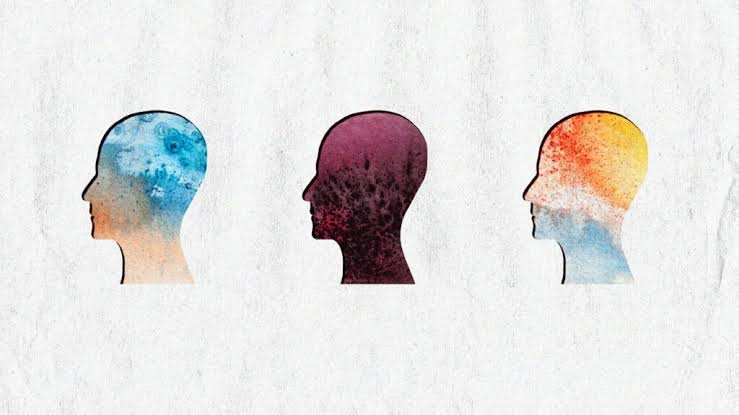Innovative Strategies for Bipolar Disorder and cPTSD Treatment

Mental health is an intricate domain where various conditions often coexist, complicating diagnosis and treatment. One such challenging combination is the coexistence of complex posttraumatic stress disorder (cPTSD) and bipolar disorder. This intersection is gaining attention, especially in places like Clearwater, FL, where there is a growing focus on comprehensive mental health care. Addressing these comorbid conditions can significantly influence treatment outcomes and improve the quality of life for affected individuals.
Bipolar disorder
characterized by extreme mood swings ranging from manic highs to depressive lows, already demands a nuanced approach to treatment. When cPTSD is added to the mix, the complexity increases. cPTSD, a result of prolonged trauma, brings its own set of symptoms, including emotional dysregulation, negative self-perception, and difficulties in relationships. These symptoms can exacerbate the mood instability inherent in bipolar disorder, making it harder to achieve and maintain stability.
Mental health professionals increasingly recognize the need for specialized interventions that address both bipolar disorder and cPTSD. Studies suggest that integrating trauma-focused therapies with traditional bipolar treatments can enhance patient outcomes. For instance, therapies such as Eye Movement Desensitization and Reprocessing (EMDR) and Cognitive Behavioral Therapy (CBT) tailored for trauma can help patients process traumatic experiences, reducing their impact on mood stability. When these therapies are combined with mood stabilizers, patients often show improved responses compared to those receiving standard bipolar treatments alone.
Moreover, the relationship between social support, loneliness, and suicidal ideation is a critical area of study.
Individuals with bipolar disorder are at a higher risk of suicidal behaviors, and this risk is compounded when cPTSD is present. Social support plays a pivotal role in mitigating this risk. In Clearwater, FL, community-based programs and support groups are being developed to provide a network for those struggling with these conditions. These programs aim to foster connections and reduce feelings of isolation, which are significant contributors to suicidal ideation.
Loneliness, a common issue for those with bipolar disorder and cPTSD can intensify depressive episodes and heighten the risk of suicide. Addressing loneliness through social interventions can, therefore, be a lifesaving strategy. Initiatives that encourage social interaction, whether through group therapy, community activities, or online support forums, can provide the emotional support many individuals lack.
Research highlights that a multi-faceted approach to bipolar treatment can yield better outcomes.
This approach includes pharmacotherapy, psychotherapy, and social support mechanisms. Mood stabilizers remain a cornerstone of bipolar treatment, but their effectiveness can be significantly bolstered when used alongside therapies that address the underlying trauma. Mental health professionals are advocating for this integrative model, recognizing that a one-size-fits-all approach is inadequate for patients with such complex needs.
Preventing suicidal behaviors in individuals with bipolar disorder requires a thorough understanding of their experiences and challenges. Mental health services in Clearwater, FL, are increasingly incorporating routine assessments for trauma and cPTSD in their evaluations of patients with bipolar disorder. By identifying those at risk, clinicians can tailor treatment plans that address both mood and trauma symptoms, thus providing a more comprehensive care strategy.
In conclusion
the intersection of bipolar disorder and cPTSD presents unique challenges that necessitate a holistic treatment approach. In Clearwater, FL, mental health practitioners are pioneering efforts to integrate trauma-focused therapies with conventional bipolar treatments, recognizing the profound impact this can have on patient outcomes. Additionally, addressing the critical role of social support and loneliness in suicidal ideation is key to developing effective prevention strategies. Through these efforts, individuals with bipolar disorder and cPTSD can achieve better stability and improved quality of life, demonstrating the transformative power of a comprehensive and compassionate approach to mental health care.



